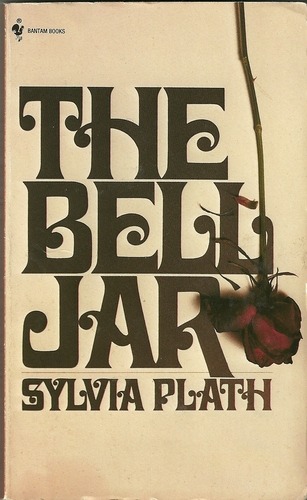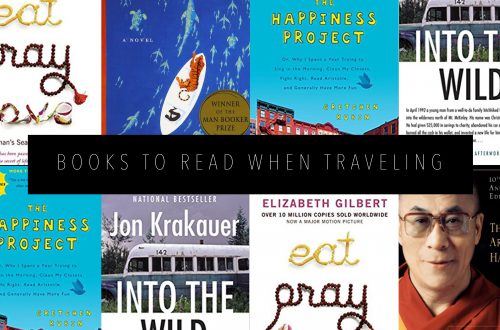Title: The Bell Jar
Author: Sylvia Plath
Genre: Autobiographical Fiction
Quotation: “I wanted each and every one of them, but choosing one meant losing all the rest…”
Would recommend to: someone needing to be reminded that they are not alone.

(http://ecx.images-amazon.com/images/I/61XpVj1wRHL.jpg)
WARNING: (If you don’t already know this…) Sylvia Plath’s “The Bell Jar” is a semi-autobiographical piece of work that talks about her struggle with depression throughout her early adult life.
I read “The Bell Jar” at a time in my life very similar to the main character, Esther. I had just moved to a new city (for the summer), was alone (I had no friends) and was working full-time (I had an internship).
The premise of the story is that Esther Greenwood is in New York, on break from college, where she should be having the time of her life at a summer job, but instead she feels forlorn. She’s disinterested in life and ends up in a mental hospital after various attempts at suicide. The book also highlights the inhumane treatment of mental disorders during the time.
I was able to relate to a lot of the themes in the book about depression and the lack of connection to conventional experiences.
I think a lot of people my age (early twenties) can relate to these ideas, even if they don’t feel like they suffer from depression.
A very important part of the book is that, after Esther leaves the medical institution, she’s worried about “the bell jar” descending again. Essentially, she’s worried that she’s never actually going to be okay and the depression will come back to haunt her. (We now have the knowledge that “the bell jar” did cover her again with it’s depression.)
Although not everyone relates to the depression angle, we can all worry about different aspects of our life coming back to haunt us and make us miserable. For example, a job you got fired from or a bad breakup. Anything can be seen as “the bell jar.”
I think if reader’s try hard enough to see some of themselves in a character, they can relate to a storyline more powerfully. “The Bell Jar” is a great example of that connection.



41 Comments
futbol.run Fürth forced to part company with Büskens
FIFA have delayed making a crunch decision over the troubled Qatar World Cup until after next summer’s tournament in Brazil. Qatar conundrum delayed until Brazil 2014 with troubled World Cup facing winter move
Football Solutions Under-19 - Okan Deniz
Steven Gerrard could face an FA investigation after appearing to aim this abusive gesture at referee Andre Marriner as Liverpool’s Champions League hopes suffered another setback with a 1-0 defeat at Wigan. Steven Gerrard in controversial V-sign at referee Andre Marriner after careless Dirk Kuyt costs Liverpool win at Wigan Athletic
醫學美容-歐美風-唇粧-cosmetic-wiki
YIN’S Blog: 鑽石戒指 YIN’S Blog: 鑽石戒指
醫學美容-飄眉-眉-cosmetic-wiki
SANA 莎娜 【豆乳美肌嫩白系列】豆乳美肌嫩白化妝水的商品介紹 SANA 莎娜,豆乳美肌嫩白系列,豆乳美肌嫩白化妝水
醫學美容 謾膚品 cosmetic.wiki
Carolina Herrera 【Fragrance】212 VIP狂野派對男性淡香水的商品介紹 Carolina Herrera,Fragrance,212 VIP狂野派對男性淡香水
醫學美容 膨脹麻醉抽脂 cosmetic.wiki
【酵素錠】大乾淨 美纖酵素錠 (食品),讓你天天都大得好乾淨、身體無負擔! @ 潮流、美妝、消費 創造個人化風格的女性社群 PIXstyleMe 【酵素錠】大乾淨 美纖酵素錠 (食品),讓你天天都大得好乾淨、身體無負擔!
Pingback:
Pingback:
Pingback:
Pingback:
Pingback:
Pingback:
Pingback:
Pingback:
Pingback:
Pingback:
Pingback:
Pingback:
Pingback:
Pingback:
Pingback:
Pingback:
Pingback:
Pingback:
Pingback:
Pingback:
Pingback:
Pingback:
Pingback:
Pingback:
Pingback:
Pingback:
Pingback:
Pingback:
Pingback:
Pingback:
Pingback:
Pingback:
Pingback:
Pingback:
Pingback: